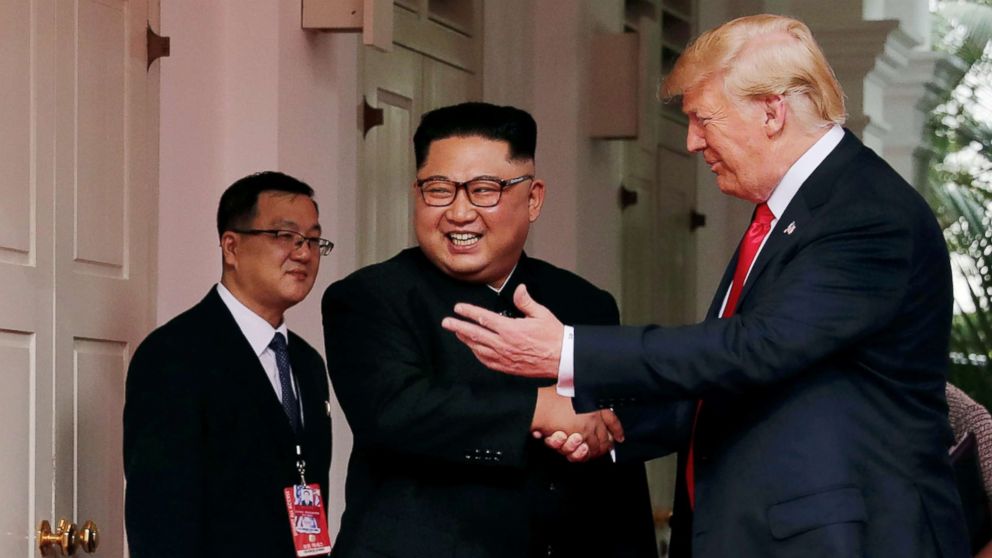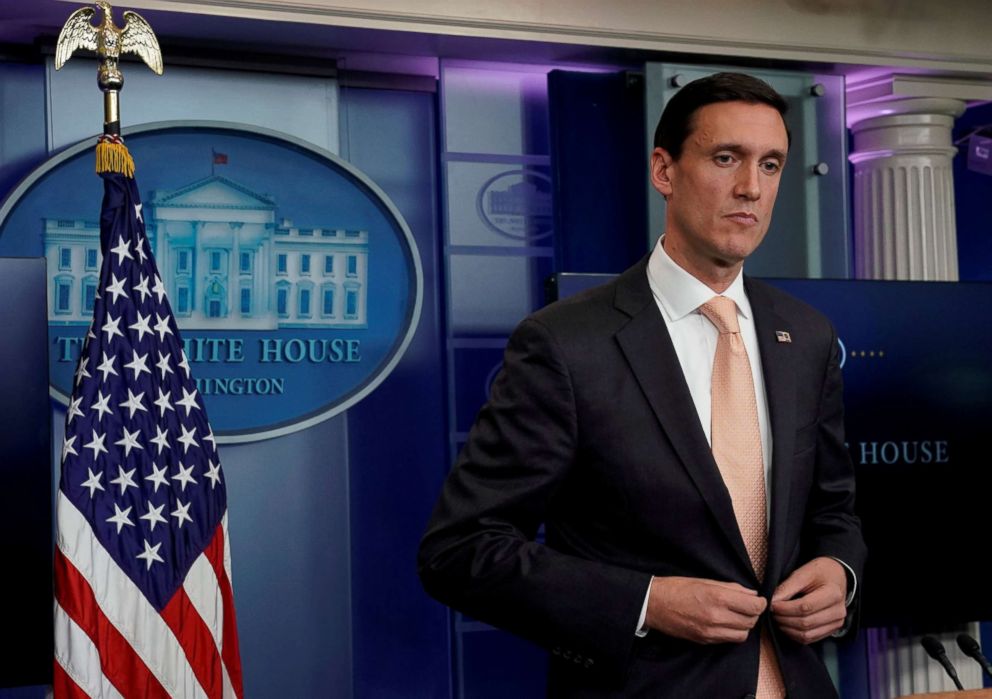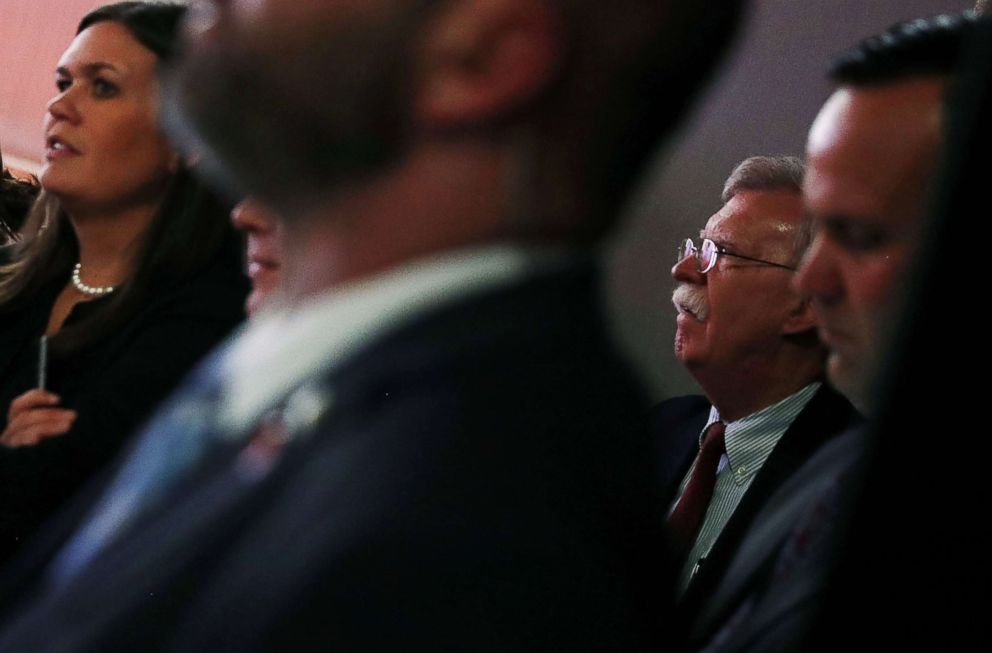'3 to 6 months': Tom Bossert’s take on North Korean denuclearization post-summit

The former White House homeland security adviser to President Donald Trump told ABC’s Powerhouse Politics podcast that in the wake of the historic Trump-Kim summit, America “got what the president sought.”
“It can’t be understated that this president just took us, in a 24-hour period, from a decades-long stalemate with increasing tensions to...a blueprint for four things,” Tom Bossert told host and Chief White House Correspondent Jonathan Karl, referring to the agreement signed by Trump and North Korean leader Kim Jong Un.

According to Bossert, now an ABC News contributor, the summit paved a path toward the recovery of POW/MIA remains, the complete denuclearization of the Korean peninsula, the replacement of the Korean Armistice Agreement, and the ultimate recognition of the North Korean regime.
“We're going to establish essentially normalized relations [with North Korea],” he said, pointing to the summit’s backdrop of alternating American and North Korean flags as one indication the U.S. plans to extend diplomatic recognition to the DPRK.
Having advised Trump on national security issues for one year on the National Security Council, Bossert said that the president’s words at the summit largely echoed his previous discussions with top aides.
“His instinct to stop what he called ‘provocative military exercises’ and to reduce their cost – that's something that he's had in his mind now from day one,” Bossert said.
But while Bossert considers the Trump-Kim summit a success, Karl pointed out that John Bolton, Trump’s national security adviser, may not have felt the same way.

“There's no way that he was applauding what was going on today,” Karl said of Bolton, whom he noted appeared distant at the summit, standing off to the side of the American delegation. Perhaps that’s because Bolton recently angered North Korean officials when he suggested that the U.S. use its actions in Libya in 2003 as a framework for North Korean denuclearization – which North Korea equated with the overthrow and death of Libyan leader Moammar Gaddafi years later.
But Bossert, who resigned unexpectedly a day after Bolton came on board, said that despite Bolton’s ill-timed reference to the Libya model, which he described as “gaffe,” the national security adviser is ultimately going to play a key role in the implementation of the denuclearization agreement.
“I am all positive on my bottom line: this is nothing but...a highway to peace,” Bossert said. “[The] first step that we could count on as irreversible would be [North Korea] turning over their missiles and their warheads – the actual bombs.”
Bossert said he expects that to happen within “three to six months” if the regime is serious about denuclearizing.
“If we see that, we've got a deal,” he said.



